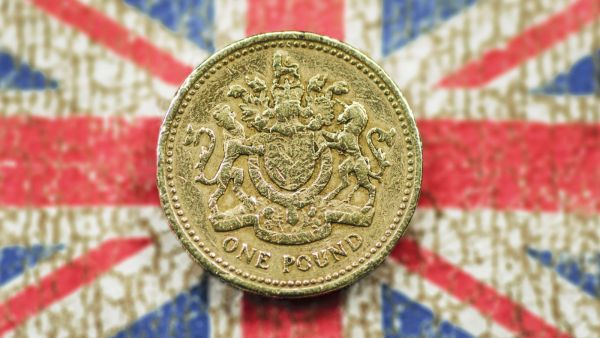ALBAWABA – Official United Kingdom (UK) labor market data, released Tuesday, showed basic UK wages surged, in the three months of April through June, to hit a new record growth rate, news agencies reported.
Basic UK wages grew by the most since 2001, Reuters reported, with annual wage growth including bonuses also accelerating at 8.2 percent.
Official data show basic UK wages grew by 7.8 percent in the three months to June, marking the fastest annual rate since records began, the Office for National Statistics said Tuesday.
On the other hand, the data also showed some fresh signs of cooling in the labor market, with the unemployment rate unexpectedly rising to 4.2 percent in July, from 4.0 percent. This is the highest rate since the three months to October 2021, according to Reuters.
Vacancies fell by 66,000 in the three months to July, compared with the February-to-April quarter, though they remain above 1 million.
“Job vacancies have now fallen over a quarter of a million since this time last year. However, they remain significantly above pre-Covid levels,” said ONS director of economic statistics Darren Morgan.

However, inactivity due to long-term sickness also rose to a new record high, Reuters reported, adding to the problems for employers seeking to fill job vacancies and adding to the pressure on pay growth.
All in all, this uneven movement on both sides of the labor market, with wages rising by the most and unemployment hitting new highs, may disrupt central bank inputs in the effort to curb high UK inflation.
The data will worry policymakers at the Bank of England, who are already concerned that strong pay growth is fueling inflation, according to Reuters.
What does higher basic UK wages growth mean for the Bank of England?
So far, the central bank implemented its 14th consecutive interest rate hike earlier this month in a long-running battle to tame rising prices. UK’s benchmark rate hit 5.25 percent, which is the highest level since February 2008.
“With wage growth still accelerating, this supports our view that the Bank of England will deliver one more [quarter-percentage-point] rate hike before it brings its tightening cycle to a close,” Ruth Gregory, deputy chief UK economist at Capital Economics, told Reuters.
Growth in basic UK wages seems set to overtake the rate of consumer price inflation, which is forecast to have slowed to 6.8 percent in July, according to CNN Business. Official July inflation data is slated to be released by the ONS on Wednesday.

Notably, UK consumer prices rose 7.9 percent in July compared with June 2022.
“Coupled with lower inflation, this means the position on people’s real pay is recovering,” Morgan said.
Bidding wars are driving basic UK wages higher
Meanwhile, the Chartered Institute of Personnel and Development conducted a survey of 2,000 UK employers, which was published Monday.
The survey showed that over the past year, 40 percent of employers have made a counteroffer in an attempt to keep an employee who has another job offer.
Of those, 38 percent matched the salary of the new job and 40 percent offered even higher pay, the survey found.
“The use of counteroffers is projected to increase as recruitment and retention challenges persist,” the CIPD said, according to CNN Business.
What will the Bank of England do?
Markets priced a roughly 55 percent chance of the BoE's benchmark rates hitting 6 percent in early 2024, up from their current level of 5.25 percent, Reuters reported.

Governor Andrew Bailey said earlier in August that the rate of growth in basic UK wages was "materially above" the central bank's forecasts. But the BoE also signalled it was getting close to pausing its run of interest rate increases.
It is possible that Bailey and his colleagues may take comfort from some signals of a cooling in the labour market beyond the data on pay.









